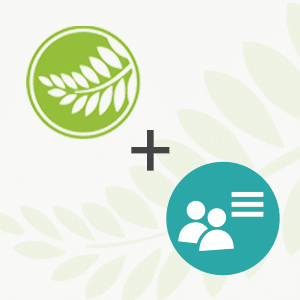Pods is a Framework to extend WordPress and make use of its components without any coding. It generates post types and taxonomies or any object provided by WordPress.
They do not reinvent the wheel. They use WordPress build-in logic and offer a nice and structured UI to manage your Post Types and Taxonomies
BUT they go one step further. It also provides a template system to design the visual part of your data for the frontend of your site.
This can be relay attractive to all people how are keen to collect data and display it in the posts in a logical order.
- Without Pods, you need to create template files for your different post types and structure the post or user metadata in the post loops and single views by coding.
- With Pods, you can generate these templates from within pods and get the visual part of your content done easily. You can use HTML and JS and any CSS in the templates and use any Pods field and post relevant data as a shortcode in the template
With this template, you can generate the archive and single views. For this it adds an extra options page to the UI
BuddyForms and Pods
With it, you can generate the WordPress Post types and taxonomies and with BuddyForms the forms to collect and manage the posts.
Quite often people ask in the support
How to generate different content types or How to display form element values in the post.
- The Pods Framework in combination with BuddyForms is a solid solution for any site collecting data from the frontend and want to make it visual on the site
You can create all the views and functionality needed for a content-related website with Pods and BuddyForms. These two plugins together provide all the functionality you need to build the forms to collect the data from the frontend and the templates to display it on your site as a list and in the single view.
Read more about the Pods Framework

I bought the software the other day to use it as a way for my client’s members to update their personal directory entry, and although it uses PODs fields, it doesn’t appear to store the data in the custom post type created by the PODs plugin, it looks like it’s stored in the BuddyForm’s submission table. This is a problem as we have a large number of directory entries already within the already existing directory custom post type.
Hi Jason, sorry for the trouble you run into. Please contact support so they can look into this. Should not happen like this.